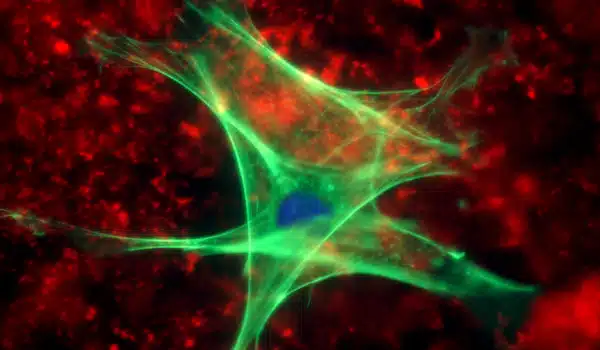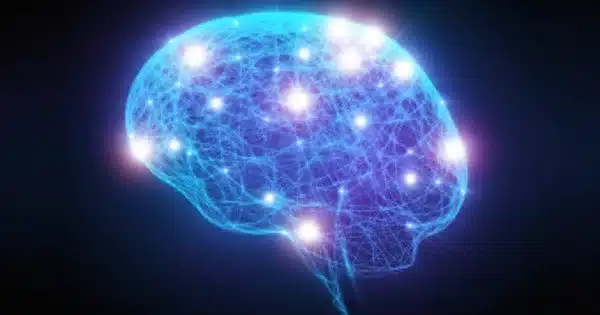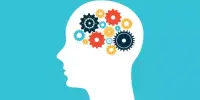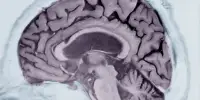There is some evidence to suggest that social isolation may indeed have an impact on learning and memory through astrocyte-mediated mechanisms. Astrocytes are a type of glial cell in the brain that are known to play an important role in the regulation of neuronal activity and synaptic plasticity, which are critical processes for learning and memory.
Social isolation causes memory and learning deficits in animal models, which are mediated by hyperactivity of the most abundant brain cell, the astrocyte. Importantly, suppressing this hyperactivity reversed the cognitive deficits linked to social deprivation.
Here’s another reason to keep in touch with friends and family: social isolation causes memory and learning deficits, as well as other behavioral changes. Many brain studies have focused on the effects of social deprivation on neurons, but little is known about the consequences for the astrocyte, the most abundant brain cell.
Researchers at Baylor College of Medicine working with animal models report in the journal Neuron that during social isolation, astrocytes become hyperactive, which in turn suppresses brain circuit function and memory formation. Importantly, inhibiting astrocyte hyperactivity reversed the cognitive deficits associated with social deprivation.
Our findings suggest that astrocytes play a new role in brain physiology. Changes in the environment influence what astrocytes do, which in turn influences animal behavior. In this case, we discovered that social interaction benefits astrocytes and thus the brain.
Yi-Ting Cheng
“One thing we learned during the COVID pandemic is that social isolation, as previous studies suggested, can influence cognitive functions,” said Yi-Ting Cheng, a graduate student in Dr. Benjamin Deneen’s lab at Baylor. “This inspired my co-first author, Dr. Junsung Woo, and me to conduct additional research on the effects of social isolation in the brain, specifically in astrocytes.”
Astrocytes play a variety of roles in the brain, including neuronal support, synapse formation and function, neurotransmitter release, and blood-brain barrier formation.
“Under normal group housing conditions, astrocytes facilitate and promote circuit function and memory,” said Deneen, professor and Dr. Russell J. and Marian K. Blattner Chair of neurosurgery and director of the Center for Cancer Neuroscience at Baylor. He also is the corresponding author of the work. “However, we found that during social deprivation, astrocytes in the brain region known as the hippocampus actually suppress circuit function and memory formation. The broad conclusion is that astrocyte function is tuned to social experiences.”

The researchers studied calcium ions (Ca2+) to gain a better understanding of the mechanism by which astrocytes of socially isolated mice cause learning and memory deficits. Previous research had shown that Ca2+ plays a key role in astrocyte-mediated learning and memory behaviors.
“We investigated the effect of social isolation on astrocyte Ca2+ activity and discovered that it was greatly increased, particularly activity involving the Ca2+ channel TRPA1. This was followed by the release of the inhibitory neurotransmitter GABA, which prevented neural circuits involved in memory and learning from functioning normally “Cheng stated this. “Notably, both pharmacological and genetic TRPA1 inhibition reversed the physiological and cognitive deficits associated with social deprivation.”
“Although social isolation affects other brain cells as well,” Deneen explained, “we are very excited about the discovery that specifically manipulating astrocytes is enough to restore learning and memory deficits caused by social isolation in animal models.”
“Our findings suggest that astrocytes play a new role in brain physiology,” Cheng said. “Changes in the environment influence what astrocytes do, which in turn influences animal behavior. In this case, we discovered that social interaction benefits astrocytes and thus the brain.”














